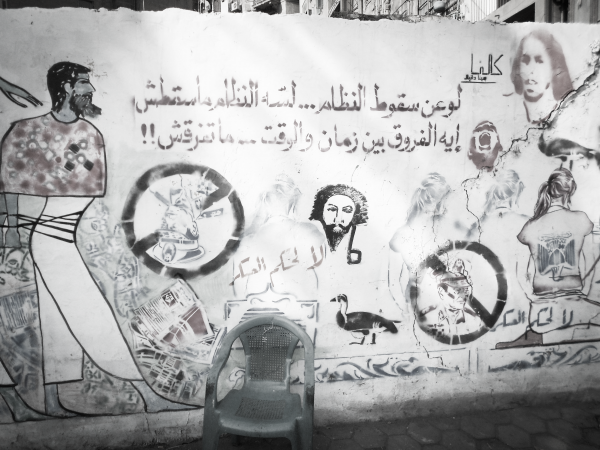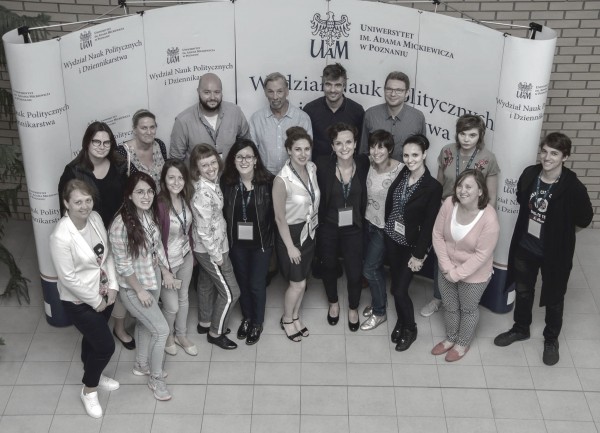
News Literacy Summer Institute 2018
he 14 participants in this year’s edition represented universities, media institutions, schools and non-governmental organizations from 12 countries (Armenia, Azerbaijan, Bulgaria, Georgia, Kosovo, Macedonia,…

he 14 participants in this year’s edition represented universities, media institutions, schools and non-governmental organizations from 12 countries (Armenia, Azerbaijan, Bulgaria, Georgia, Kosovo, Macedonia,…

Dear applicants. Below you will find the list of applicants that have been selected to the second round of the application process. Our reviewers,…

Tunisia is arguably the most successful case of all the Arab uprisings. How is it possible that Tunisian protests succeeded where all others failed…
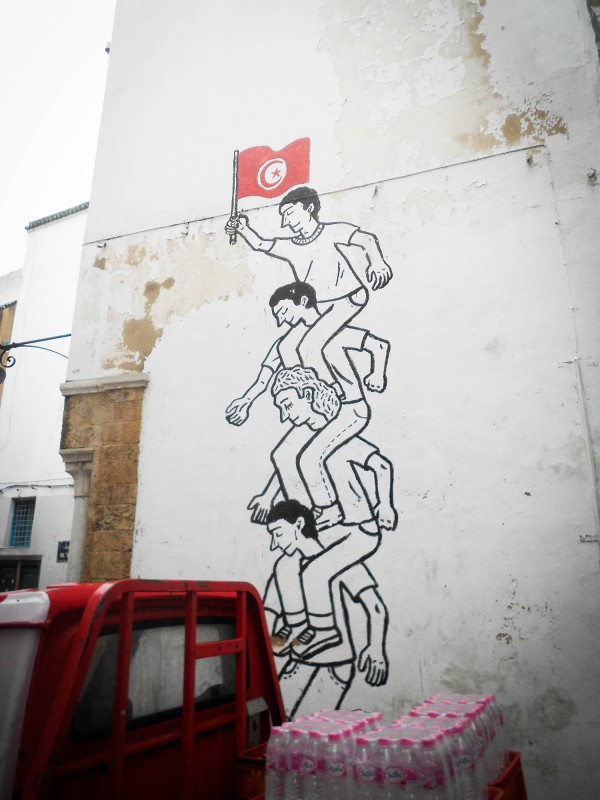
Since 2001, identity politics in the Middle East have shared similarities with Syrian cluster bombs – larger settings have fractured into little bits and…
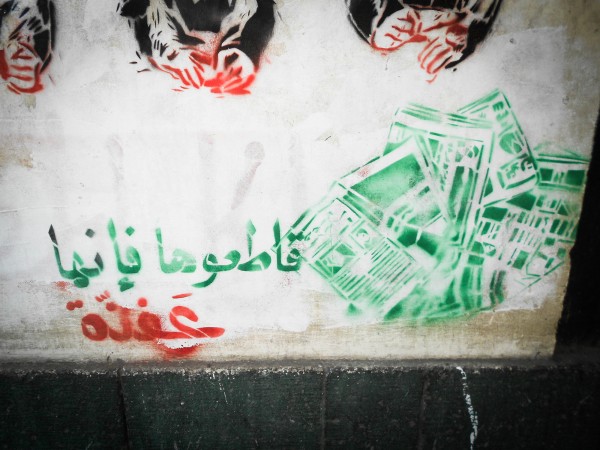
How come Saudi Arabia has so far survived the waves of revolutions virtually unscathed? How has the regime been able to redirect its people’s…
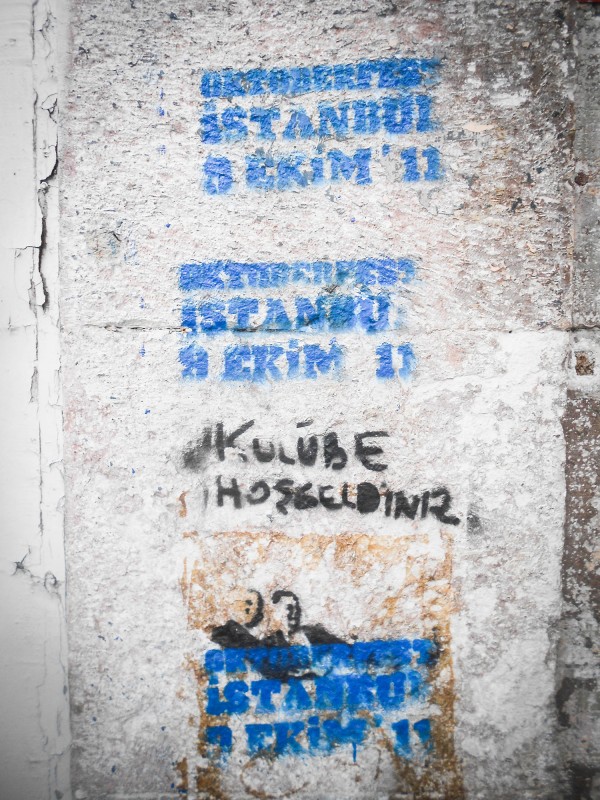
Professor m. cooke presents another – forgotten – dimension of the Syrian civil war. The original and continued protests of its artists and activists…
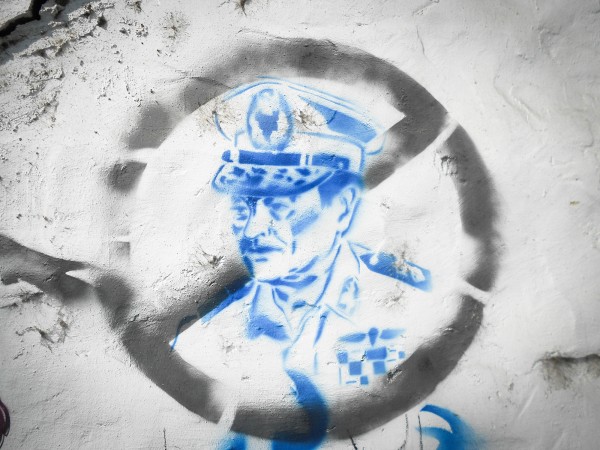
Every revolution triggers a counterrevolution. Professor M. A. Bamyeh deconstructs what revolutions are, and how we can look at them from another point of…
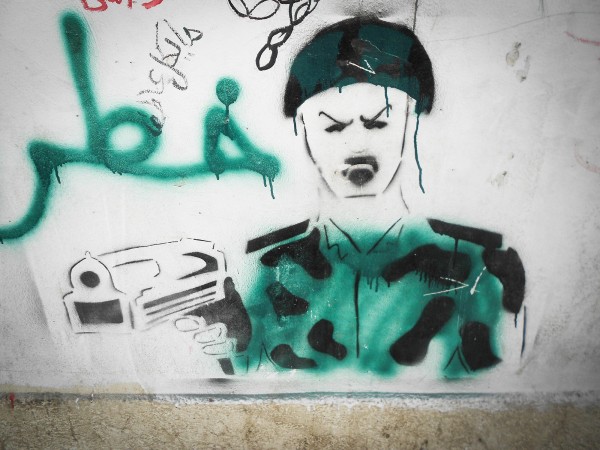
This interview with Professor A. Ghazal ‘untangles’ the different roles the drivers of the revolutions (the people in the streets), elites, political regimes and…
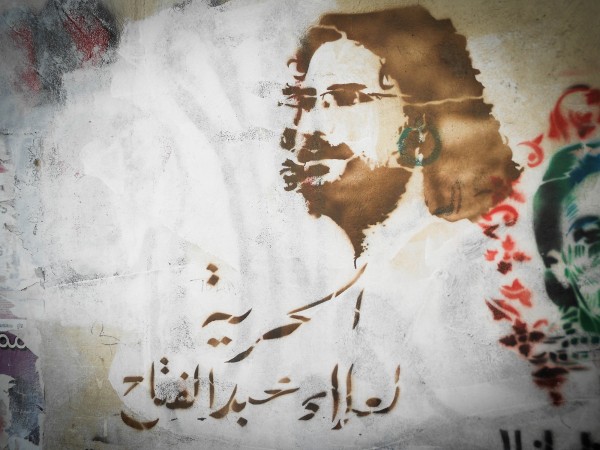
What happened to the Arab Left? The famous sub-stream of global Marxist intellectuals withered away in the aftermath of the Cold War and before…
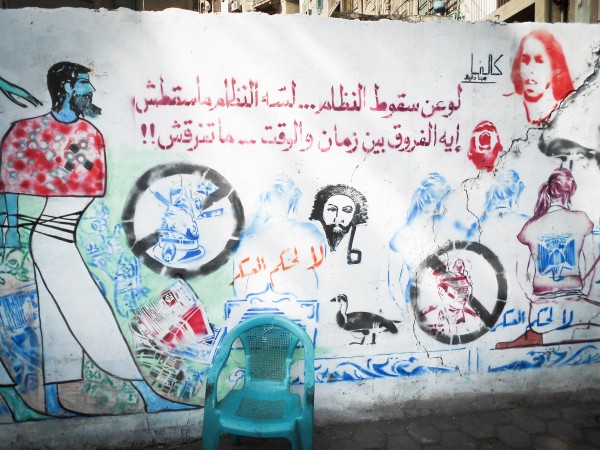
In this text Dr. A. Al-Weshah shortly outlines and streamlines the timeline and most influential events of the Arab Spring uprisings and why they…
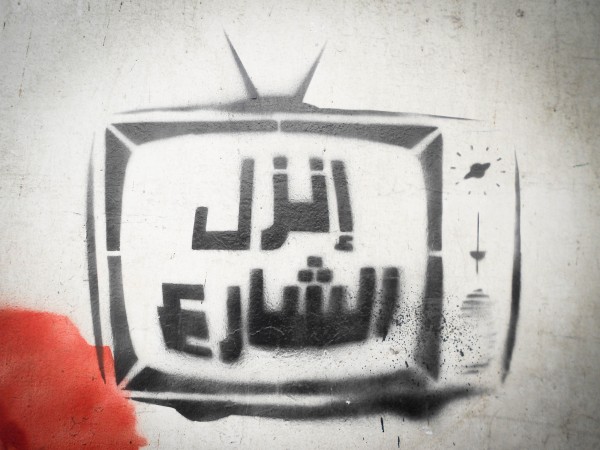
In this short essay, the editor makes a short comparison between the revolutions of 1848, 1989, the so-called ‘color revolutions’ and the ‘Arab Spring.’…
